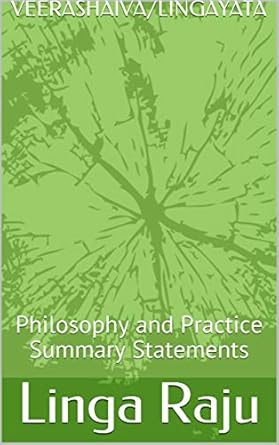2.37 Power of Central Government to supersede Authority:
2.37.1 Bare Act Provision:
20N. Power of Central Government to supersede Authority.―(1) If, at any time the Central Government is of the opinion,―
(a) that, on account of circumstances beyond the control of the Authority, it is unable to discharge the functions or perform the duties imposed on it by or under the provisions of this Act; or
(b) that the Authority has persistently defaulted in complying with any direction given by the Central Government under this Act or in the discharge of the functions or performance of the duties imposed on it by or under the provisions of this Act and as a result of such default the financial position of the Authority or the administration of the Authority has suffered; or
(c) that circumstances exist which render it necessary in the public interest so to do, the Central Government may, by notification in the Official Gazette, supersede the Authority for such period, not exceeding six months, as may be specified in the notification and appoint a person or persons as the President may direct to exercise powers and discharge functions under this Act:
Provided that before issuing any such notification, the Central Government shall give a reasonable opportunity to the Authority to make representations against the proposed supersession and shall consider the representations, if any, of the Authority.
(2) Upon the publication of a notification under sub-section (1) superseding the Authority,―
(a) the Chairperson and all other whole-time members and part-time members shall, as from the date of supersession, vacate their offices as such;
(b) all the powers, functions and duties which may, by or under the provisions of this Act, be exercised or discharged by or on behalf of the Authority shall, until the Authority is reconstituted under sub-section (3), be exercised and discharged by the person or persons referred to in sub-section (1); and
(c) all properties owned or controlled by the Authority shall, until the Authority is reconstituted under sub-section (3), vest in the Central Government.
(3) On or before the expiration of the period of supersession specified in the notification issued under sub-section (1), the Central Government shall reconstitute the Authority by a fresh appointment of its Chairperson and other whole-time members and part-time members and in such case any person who had vacated his office under clause (a) of sub-section (2) shall not be deemed to be disqualified, subject to the provisions of sub-section (3) of section 20F for reappointment for the remaining period.
(4) The Central Government shall cause a copy of the notification issued under sub-section (1) and a full report of any action taken under this section and the circumstances leading to such action to be laid before each House of Parliament at the earliest.
Footnote:
1. Ins. by Act 10 of 2010, s. 4 (w.e.f. 16-6-1992).
Section 20N of the Ancient Monuments and Archaeological Sites and Remains (AMASR) Act, allows the Central Government to temporarily supersede the National Monuments Authority (NMA) under specific circumstances, ensuring continuity in heritage protection.
2.37.2 Grounds for Supersession
As per Section 20N(1) of the AMASR Act, the Central Government can take over the NMA for up to six months if:
(a) The NMA cannot function due to uncontrollable circumstances e.g., emergencies.
(b) The NMA repeatedly fails to follow government directions or duties, harming its finances or administration.
(c) It is necessary for public interest.
The decision must be published, and a person or group appointed by the President handles NMA duties. The NMA gets a chance to respond before the takeover. This ensures continuity of heritage protection in exceptional cases while maintaining fairness through a hearing, balancing centralized control with NMA autonomy.
2.37.3 Effects of Supersession
As per Section 20N(2) of AMASR Act, during supersession:
(a) All NMA members must leave their positions.
(b) The appointed persons take over NMA duties.
(c) NMA property is controlled by the Central Government until reconstitution.
This ensures uninterrupted heritage protection by transferring responsibilities and assets to a temporary authority during supersession.
2.37.4 Reconstitution of the Authority
As per Section 20N(3) of AMASR Act, before the six-month period ends, the Central Government must reform the NMA with new or reappointed members, who are not automatically disqualified if they meet Section 20F(3) eligibility criteria. This ensures prompt restoration of the NMA, maintaining autonomy and allowing continuity of expertise through potential reappointments.
2.37.5 Parliamentary Reporting
As per Section 20N(4) of AMASR Act, the Central Government must present the supersession notification and a detailed report to Parliament as soon as possible. This promotes transparency and democratic oversight, ensuring accountability for supersession decisions.

Image credit: https://x.com/GemsOfINDOLOGY


